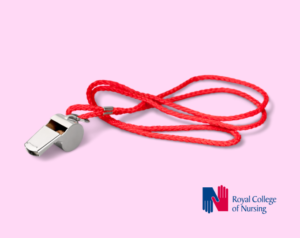
Microaggression is a term used for commonplace daily verbal, behavioral or environmental slights, whether intentional or unintentional, that communicate hostile, derogatory, or negative attitudes toward stigmatized or culturally marginalized groups.
Microaggressions can look like lots of different things – they can be something that somebody says to you; they can be a way that you’ve been made to feel. They are often subtle behaviours, but their effects are far from subtle.
As a Black nurse, I’ve experienced lots of microaggressions. I used to turn a blind eye to them, but when I became an educator, they became harder to ignore when students came to speak to me about racism in the workplace.
I started to address racism in a more proactive way: by acknowledging what was happening to students and providing helpful strategies to manage their responses.
You don’t have to be confrontational, says nurse educator Lorna Hollowood, but we all have a responsibility to call out microaggressions in the workplace.
What are microaggressions?
The difference between microaggressions and overt racism can be very subtle, and difficult for the individual to define and describe.
A microaggression might be intentional, or it might be unintentional or unconsciously done. But it doesn’t matter how it was meant, the important thing about microaggressions is that intent does not supersede impact.
A microaggression is something that has made an individual feel uncomfortable, marginalised and small. Whether it’s a comment about someone’s appearance, language skills, how they wear their hair, or their role, it’s an attempt to “other” them.
Written by Lorna Hollowood, Lecturer in nursing and completing a PhD looking at the experiences of the Windrush generation in UK care homes.
Read the full post to undertsand the impact of microagressions, how to identify microaggressions and how to ‘Call them out’ and learn lessons along the way.

 Print This Post
Print This Post




